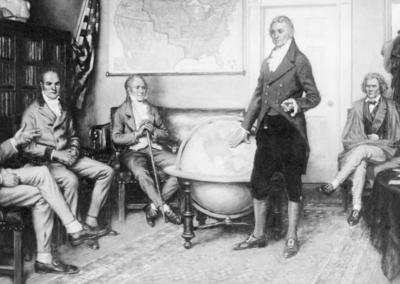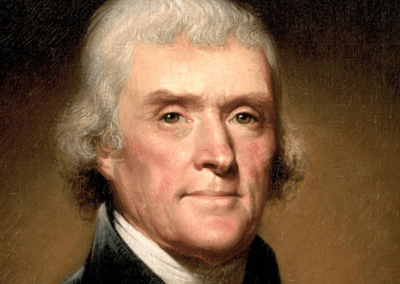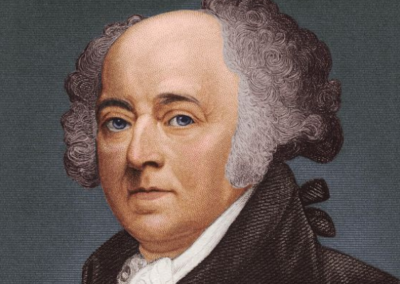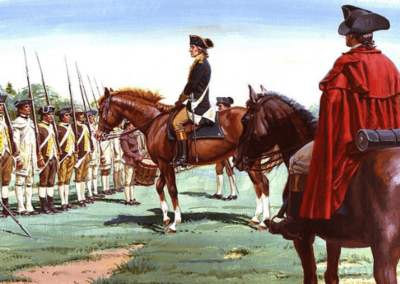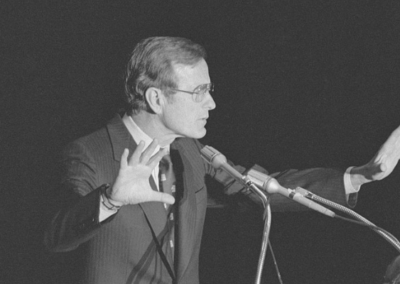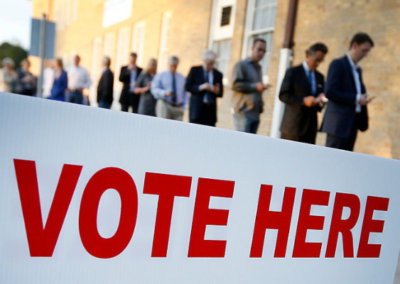Climate Change: What’s the Real Deal?
We still have time to wait and see.
By: Onar Åm | September 5, 2019 | 453 Words
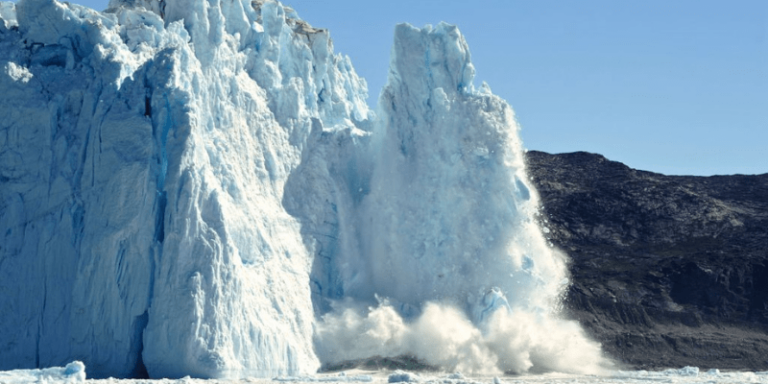
(Photo by: Education Images/Universal Images Group via Getty Images)
You may have heard that humans are destroying the planet by using fossil fuels that release a gas called carbon dioxide (CO2). Many scientists agree that CO2 traps heat and leads to global warming. And worse: It is happening very fast. If we increase the amount of CO2 in the atmosphere, the temperature could increase 2.7 to 8.1 degrees Fahrenheit.
But there is a problem with this claim. While a lot of people suggest the “science is settled” on climate change, the idea is actually uncertain. Imagine that you are flying from Chicago to Orlando to visit Disney World in Florida. You’re super excited, but when you get on the airplane, the captain announces: “Most pilots agree that the trip will take 2.7 to 8.1 hours. Hope we will survive. Have a nice flight.”
Would you feel safe in an airplane where the flight time is so uncertain? Where the pilot is hoping that you get to your destination alive? In that case, would you agree that aviation is settled science? Many people would be scared if their pilot didn’t have a better understanding of flying than this.
A Dilemma
It makes sense that plants and animals don’t like massive, rapid changes; most humans don’t like them, either. When water is heated, it expands, so an ocean getting warmer and melting glaciers will cause sea levels to rise. About this, there is little room for disagreement. So if climate change is real, it could be a big problem.
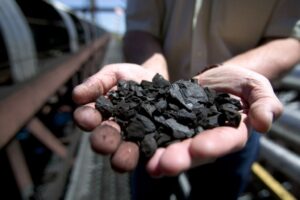
(Photo by Robert Nickelsberg/Getty Images)
A lot of scientists agree that information on climate change is uncertain, however. The public is told the science is settled by people who accept the worst-case scenarios on temperature changes. Many politicians express these fears about our future because they want to “scare” people into taking the risks seriously. A global temperature increase of only 2.7°F will not be dangerous, but we might have trouble if it rises by 8.1°F.
Environmental damage can be a real problem for our planet. On the other hand, industrialized society relies on fossil fuels like oil and gas to run modern technology – even though this causes pollution.
We Can Wait
There could be another solution. We can focus on developing a backup plan. Some smart people, including Microsoft founder Bill Gates, have invested in a technology that can suck CO2 out of the air and store it. It’s expensive, but we don’t need to use it unless the worst-case climate scenario unfolds.
We have other backup plans as well, such as nuclear power. This could mean that we don’t have to cut our carbon emissions right now. We can wait and see.

